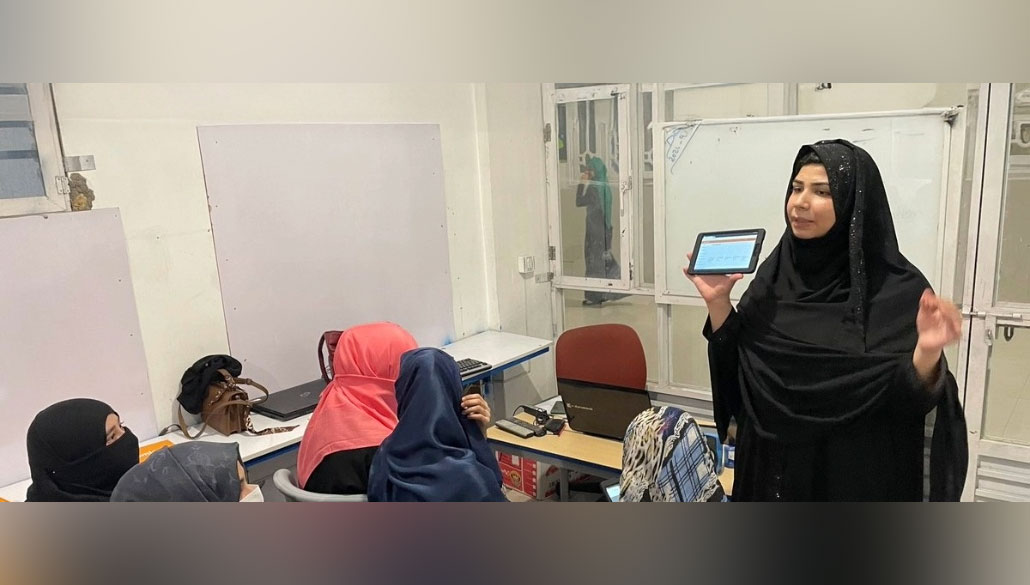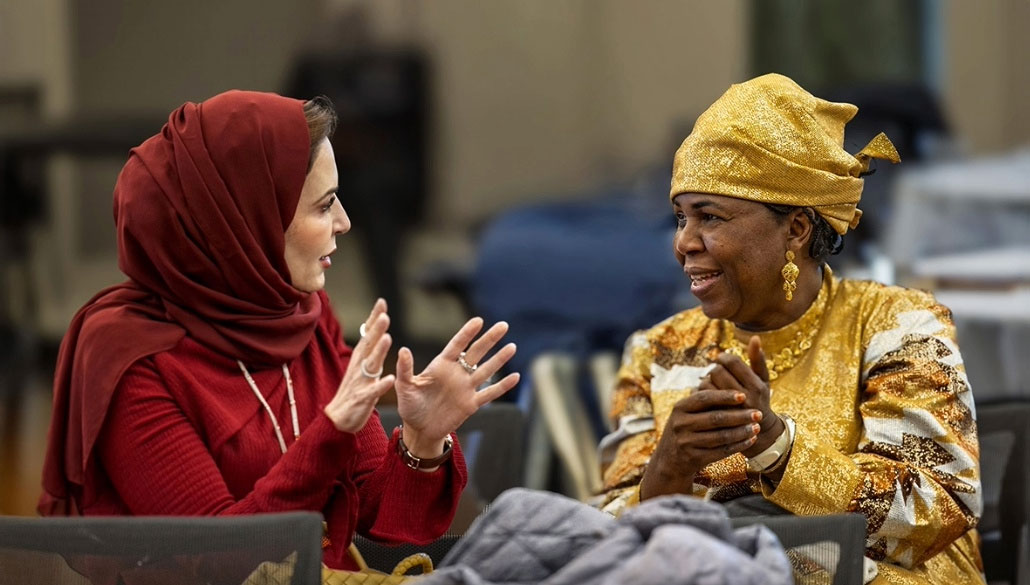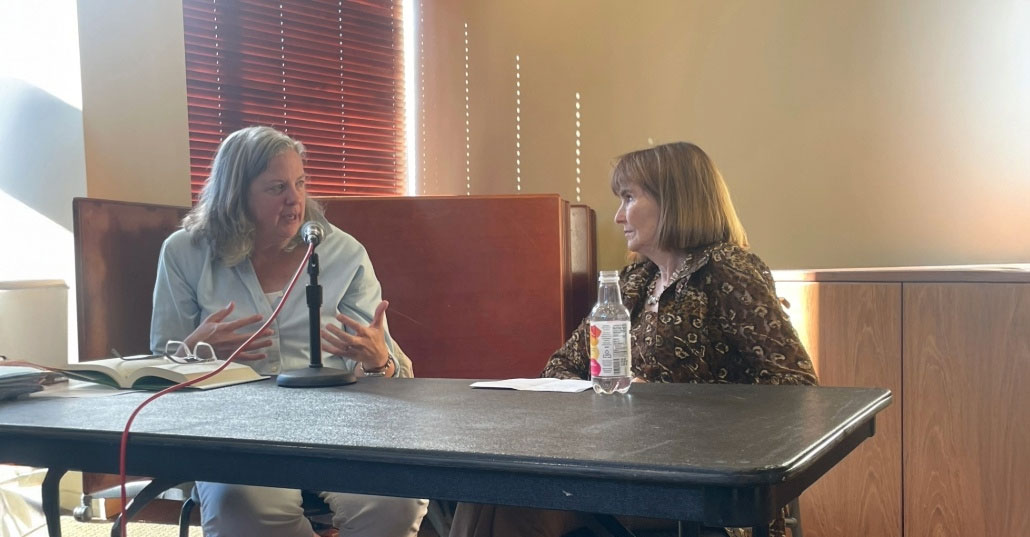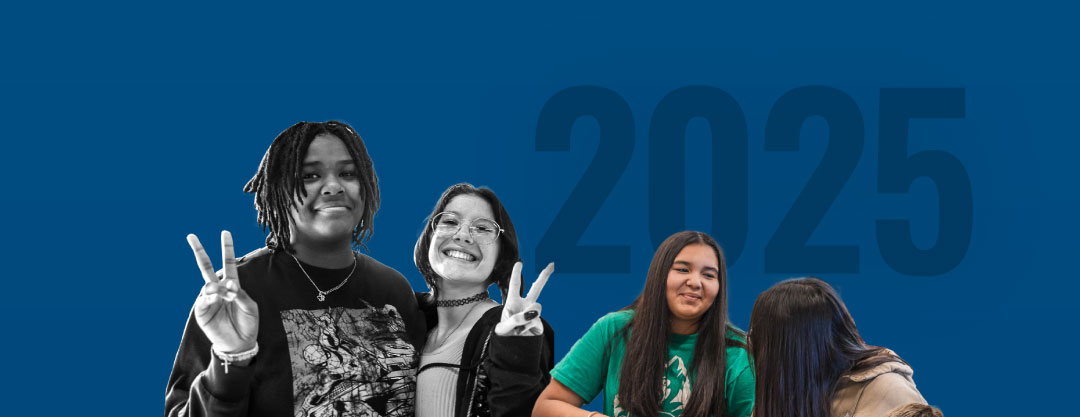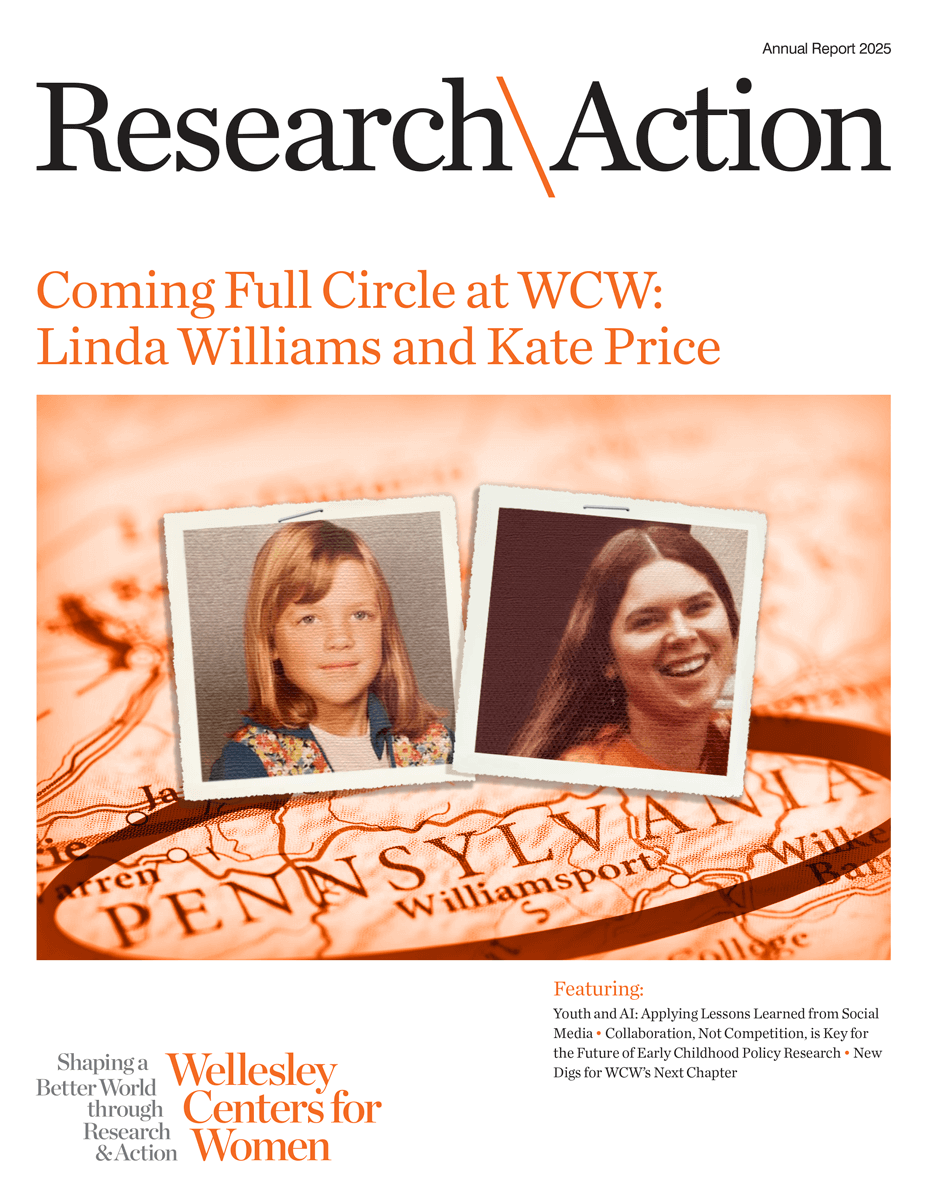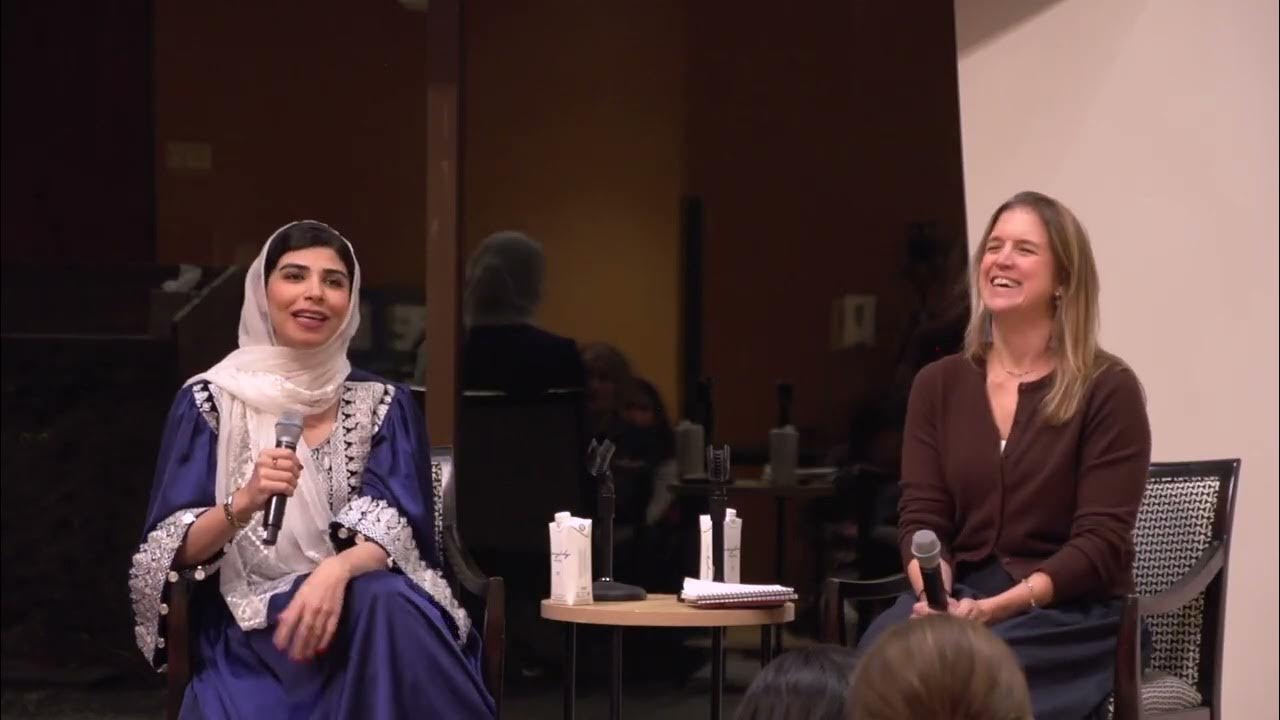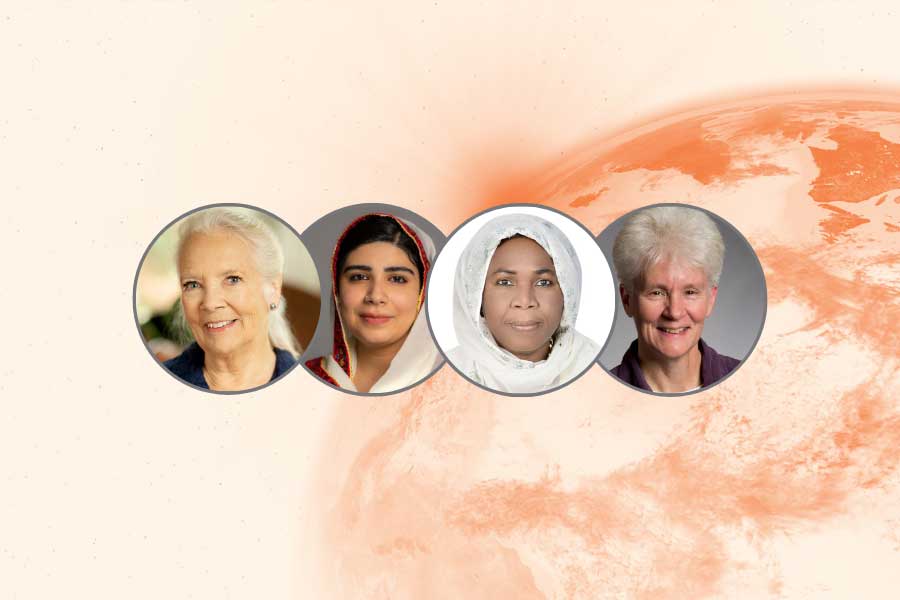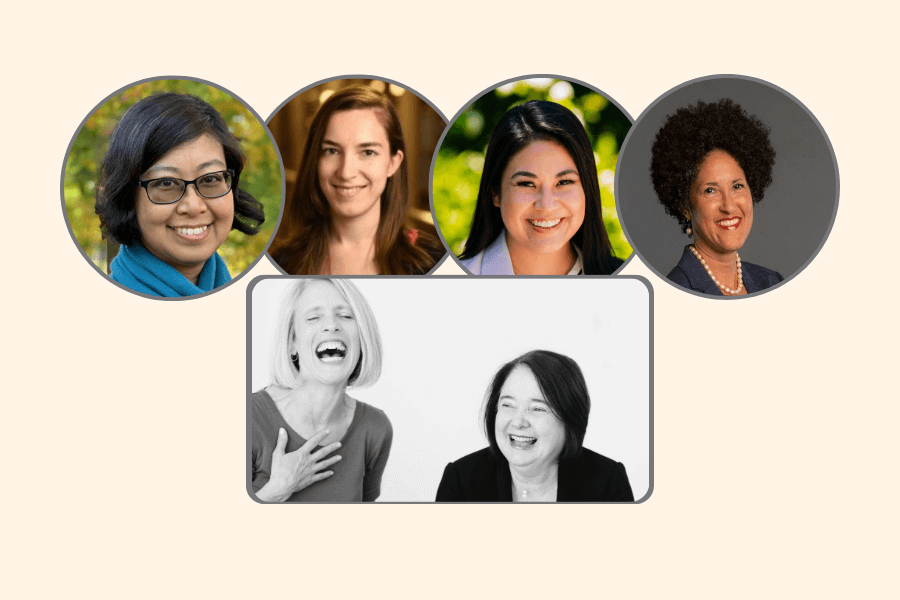Research & Action Report Spring/Summer 2006
Rangita de Silva-de Alwis joined women leaders from across the world in Washington DC at the inaugural conference launching the International Republican Institute’s (IRI) Women’s Democracy Network (WDN) to foster relationships and help the leaders advance as their countries make the transition to democracy.
International Advisor's Global Outreach
Research & Action Report Spring/Summer 2006
This past March, Rangita de Silva-de Alwis joined women leaders from across the world in Washington DC at the inaugural conference launching the International Republican Institute’s (IRI) Women’s Democracy Network (WDN) to foster relationships and help the leaders advance as their countries make the transition to democracy. In August, through her advisory role with WDN, de Silva-de Alwis served as a moderator for a special panel presentation, “How to Recruit Women for Leadership Roles and Develop Advocacy Techniques (Government and Civil Society)” at the WDN’s Asia Regional Conference in Jakarta, Indonesia. Her many presentations with international colleagues seek to generate women’s further involvement in policy development and enforcement around the world.
In October, de Silva-de Alwis served as a discussant for the “Funding Scenarios and Incentive Structure for Programs for Women’s Leadership” panel during the ANE Women’s Leadership Workshop held in Washington DC. Hosted by the Bureau for Asia and the Near East (ANE), United States Agency for International Development in cooperation with the office of Higher Education for Development, the goal of the workshop was to define strategies for long-term training in leadership through higher education.
In November, De Silva-De Alwis traveled to Indonesia to provide technical assistance to the Consumer Association of Indonesia on a program to draft legislation to combat the health effects of second hand smoke on women and children and to advance the need for Indonesia to ratify the WHO Framework Convention on Tobacco Control.
"We need to encourage women to enter politics and we must also mentor, educate and train young women leaders to prepare them for this work,” de Silva-de Alwis says. “There is a synergy and excitement about this work and we need to work together to sustain the momentum.” As part of the need to engender women’s political participation and the monitoring of political processes, de Silva de Alwis has been invited by IRI to monitor the Bangladesh Elections scheduled for January 2007.

